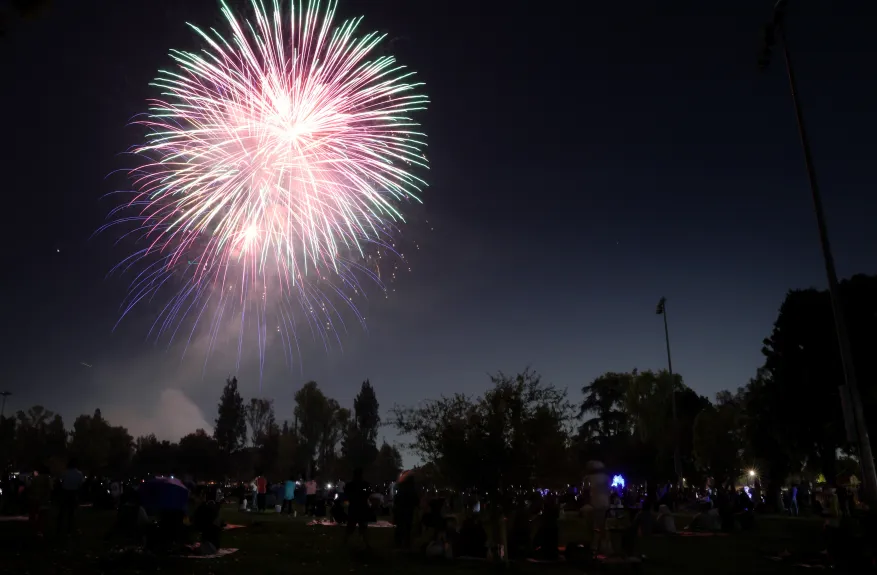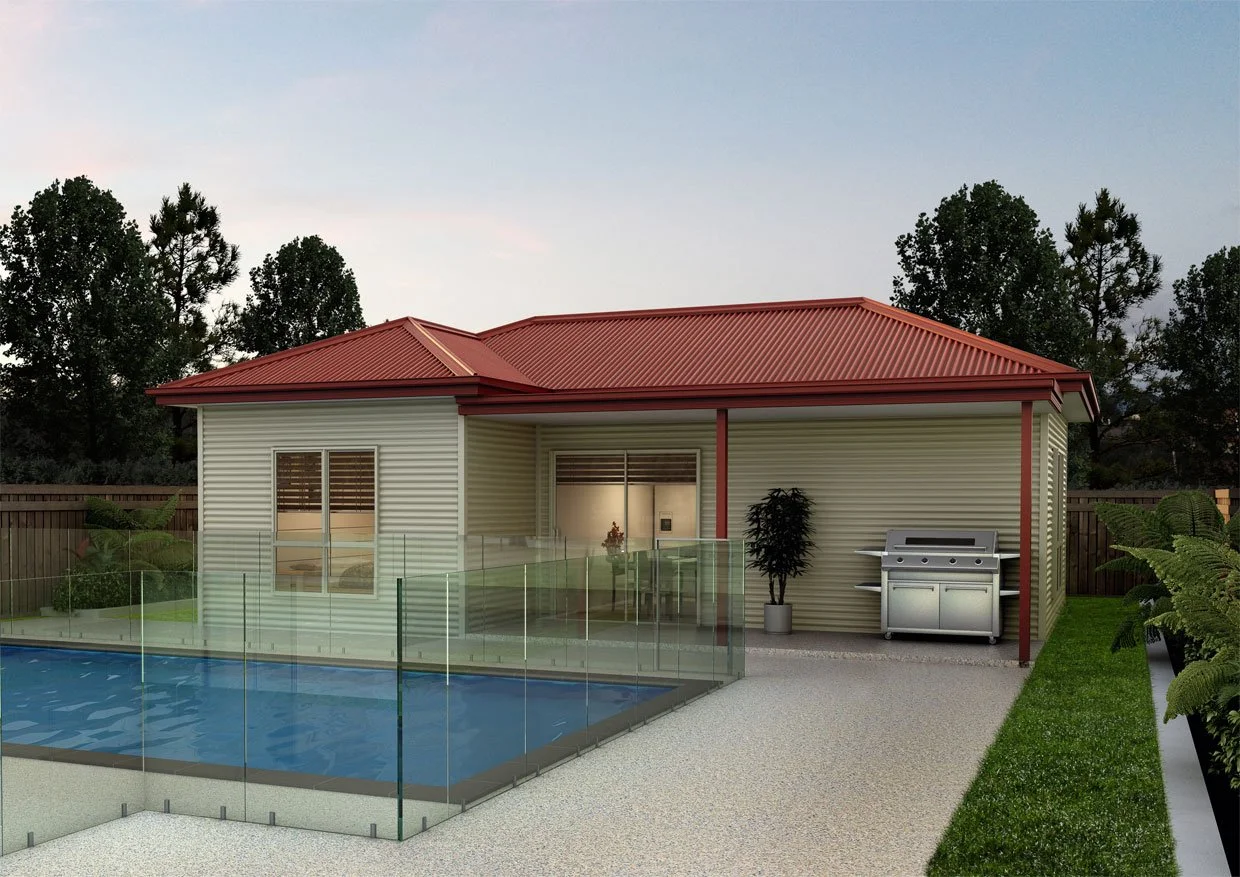
This week, the City Council voted to grant legal status to existing second dwelling units, i.e., granny flats, and impose greater restrictions on future units. To help understand the Council’s new ruling, here is a breakdown of how it will impact you.
What are the New Restrictions?
As a result of the City Council’s recent action, granny flats that were constructed, under construction or received building permits, between June 23, 2003, and September 30, 2016 are granted legal status. The law applies to roughly 550 granny flats citywide, many of which were constructed years ago. Secondly, the City Council also fixed LA’s granny flats law to keep it more restrictive than state law. Beginning in October, anyone who applies for a granny flat can only build one that is 640 square feet or smaller, on a lot larger than 7,500 square feet. Granny flats will have the same setback, height and floor area limitations as primary residences and will not be permitted in hillside neighborhoods.
Why is the new ordinance necessary?
Prior to 2002, LA permitted the construction of granny flats under a discretionary Conditional Use Permit process. In 2002, the state legislature enacted AB 1866, which required California cities to allow granny flats by right. The state law removed LA’s local discretion from the process. The new city ordinance appropriately bridges the local and state guidelines
Why is grandfathering fair?
People across Los Angeles who built, were building or applied to build a granny flat from 2003 to today were treading in legally ambiguous waters. They had done everything right under city rules, but those rules were found to be faulty. The Planning Department said, and the City Council agreed, that it would be fundamentally unfair to deny legal status to granny flats in this situation, especially since Angelenos invested considerable time and money to comply with the law that existed when they applied for a granny flat permit.
The grandfathering period expires on Sept. 30, in less than a week. The City Attorney recommended a date certain to provide a clear end to the grandfather period to prevent confusion for future permit seekers. Over the past six months, the Department of Building and Safety has reported only about 20 applications for granny flats citywide. There has not been a “rush to the counter” by developers or others seeking to grandfather a granny flat.
How this will impact your neighborhood?
There should be little impact and minimal disruption to your neighborhood resulting from this ordinance. It fixes a legal problem for the city and provides certainty and fairness to homeowners moving forward. Homeowners have been able to build granny flats throughout California for many years. Now, there is the benefit of certainty about exactly what is and is not legal.


